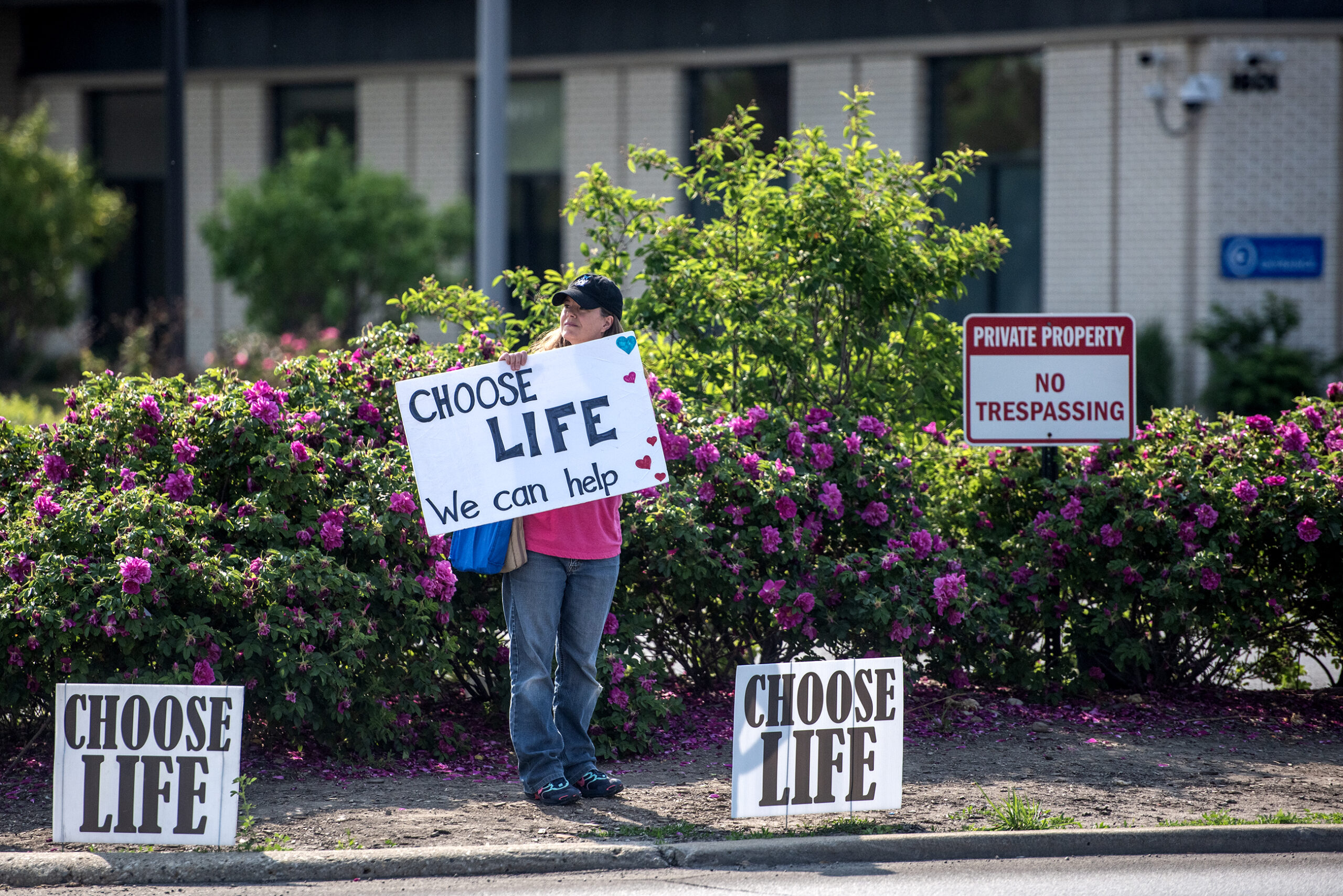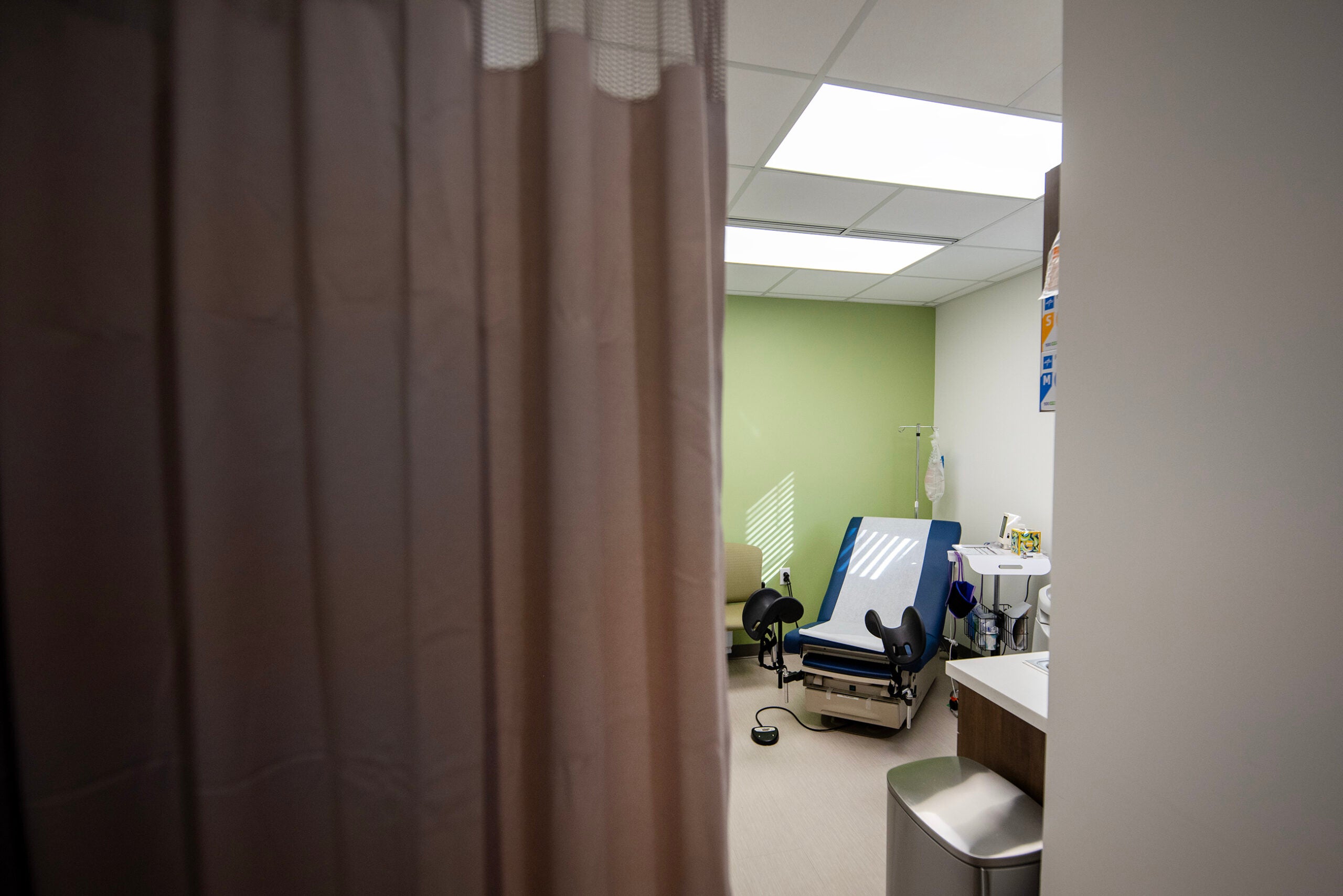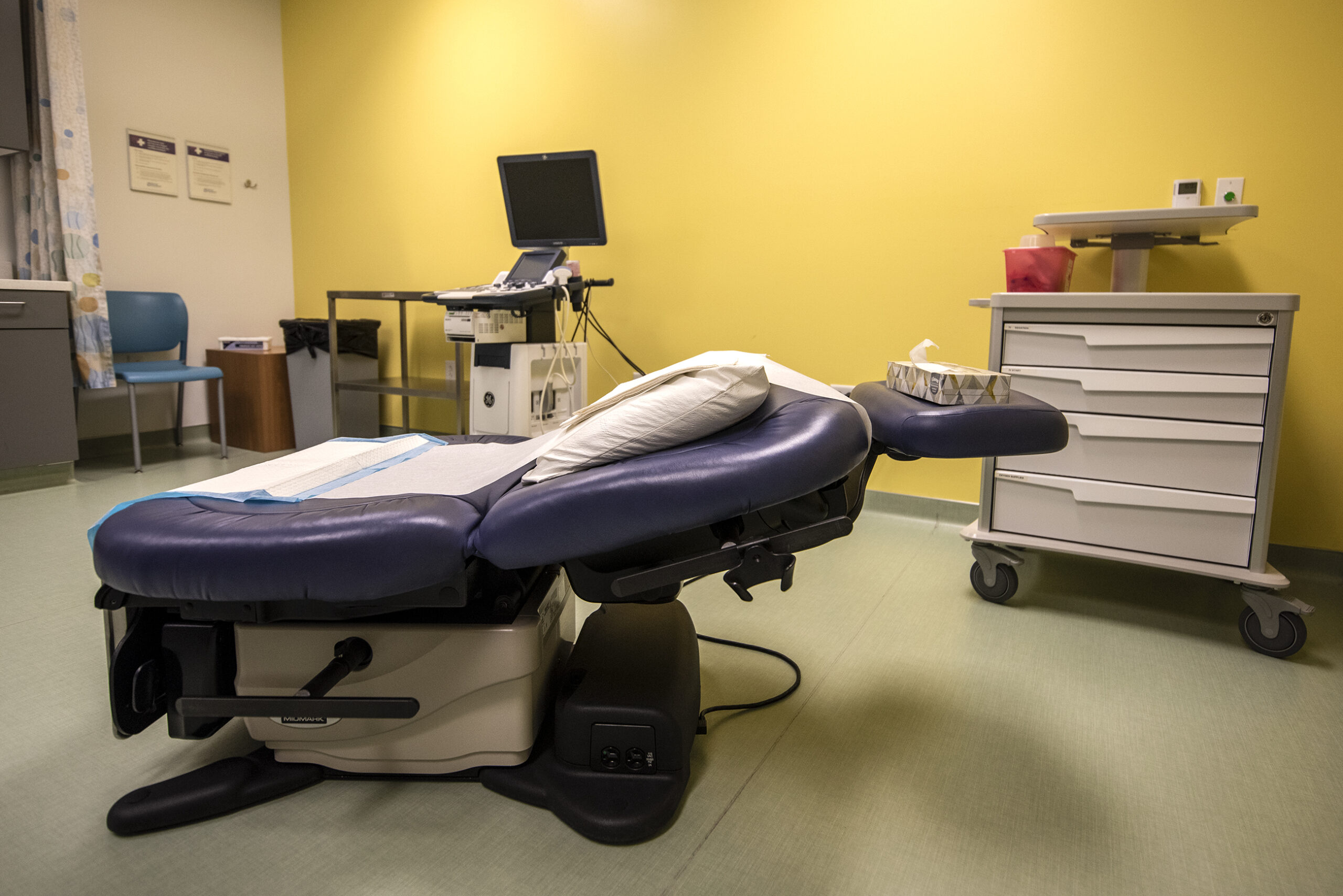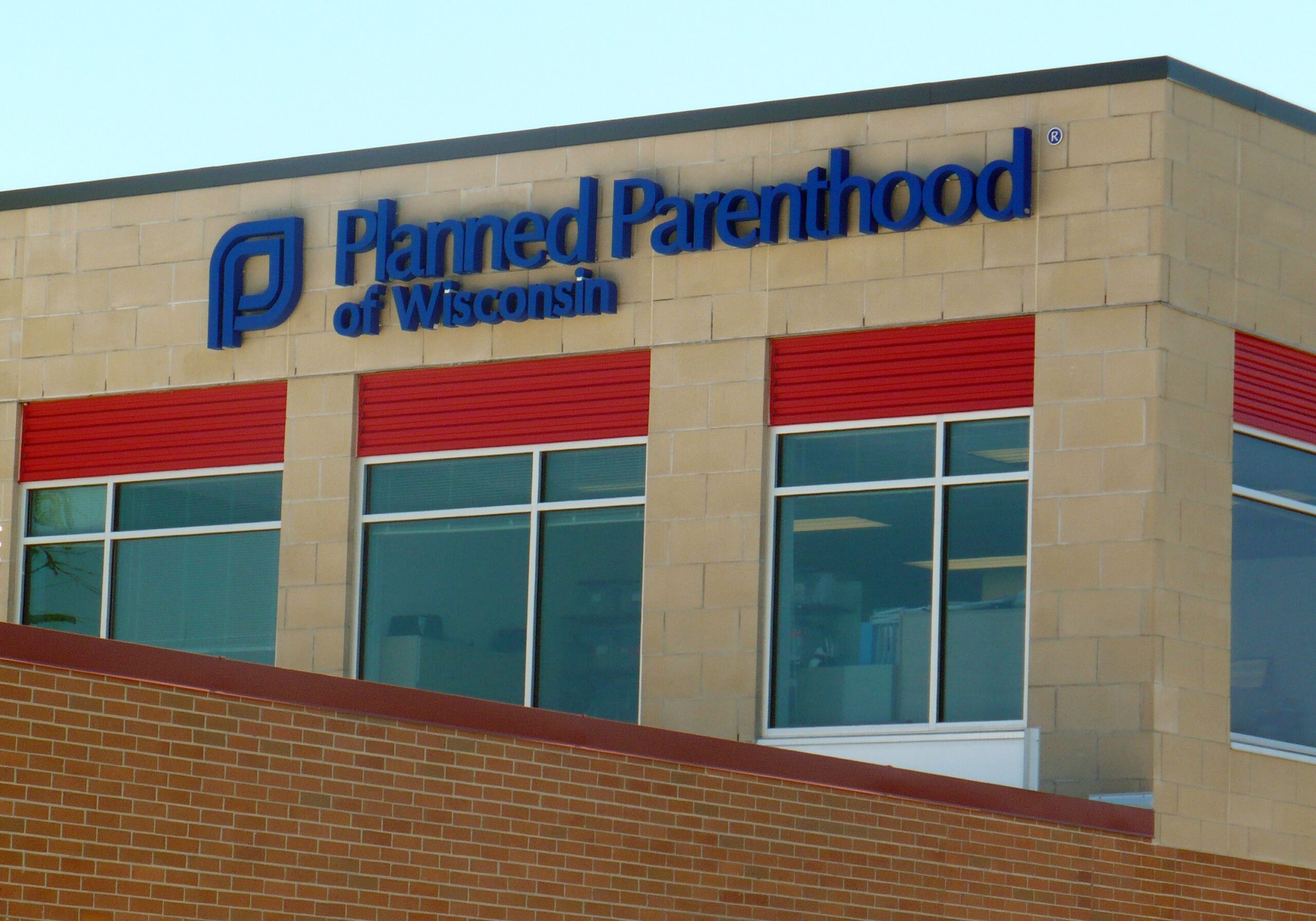Several Planned Parenthood clinics in Wisconsin could close if a provision in the U.S. House of Representatives’ budget bill is passed by the Senate.
The provision in Republicans’ One Big Beautiful Bill Act would bar Medicaid from reimbursing any clinics that provide abortions — with some exceptions — even if the reimbursement is for a non-abortion procedure.
At Planned Parenthood of Wisconsin, Medicaid insures about 60 percent of its 50,000 annual patients, said CEO Tanya Atkinson at a press conference Tuesday.
News with a little more humanity
WPR’s “Wisconsin Today” newsletter keeps you connected to the state you love without feeling overwhelmed. No paywall. No agenda. No corporate filter.
“Any health care provider expecting to lose 60 percent of reimbursements for care, that is fairly insurmountable,” she said.
Planned Parenthood has 21 clinics in Wisconsin. Of those, just two provide surgical abortions and one provides medication abortions.
In the 2023 fiscal year, 54 percent of Planned Parenthood of Wisconsin’s revenue came from Medicaid, according to the organization’s most recent annual report.
If the provision passes, “we will likely need to close centers and we will likely need to have a smaller team,” Atkinson said.
The bill’s provision specifies funding be stopped for centers providing abortions outside of cases of rape, incest or life-threatening pregnancies.
If the provision passes, Wisconsinites with BadgerCare health plans — which are funded by Medicaid — wouldn’t be able to use them at Planned Parenthood centers.
“This is taking away people’s ability to make decisions about where they access their care,” Atkinson said.
Section 44202 of the bill also bars the federal government from subsidizing any reduced-cost health plans that insure abortion procedures, with the same three exceptions.
Pro-life group approves of long-awaited provision
Heather Weininger, executive director of Wisconsin Right to Life, called the provision “something we had hoped for for many years.”
“At the end of the day, they are making money off of taking the lives of our pre-born children,” she said of Planned Parenthood.
Since 1980, the Hyde Amendment has barred Medicaid from reimbursing clinics for abortions themselves, except in cases of rape, incest or life-threatening pregnancies.
“It’s one bank account — it’s going into their promotion of advertising for abortion procedures that happen at their facilities,” Weininger said.
“It’s long past time to make sure that those dollars go to health care centers that really provide care for moms, babies, families,” she said. “Not only prior and while they’re pregnant, but the aftercare of those families as well.”

Providers, Baldwin point to organization’s non-abortion services
Nationally, Planned Parenthood provided about 400,000 abortions in its most recent fiscal year. Due to the Hyde Amendment, those are not reimbursed by Medicaid. Instead, Medicaid reimburses other services, like the 5.1 million STI tests and treatments administered in those two years.
In the most recent pre-Dobbs fiscal year, Planned Parenthood of Wisconsin served nearly 56,000 patients in more than 117,000 visits, and provided more than 134,000 units of birth control and about 5,000 abortions.
“All the services that we offer — with the exception of abortion — are typically covered by Medicaid,” Atkinson said.
“While most people think of cervical cancer screenings and birth control when they think of their annual exams, there’s another part of that visit that’s just as important,” said Tenisha Garner, who manages Planned Parenthood’s Madison South clinic. “We ask every patient if they feel safe at home.”
When the answer is “no,” Garner said, her clinic refers patients to other services. Atkinson called Planned Parenthood an “entry point” to the health care system.
“It’s going to be very difficult to continue providing that care at the level that we do,” Atkinson said, if the provision passes.
Between the June 2022 ruling overturning Roe v Wade and September 2023, virtually no legal abortions were provided in Wisconsin, including by Planned Parenthood.
In the 2023 fiscal year, 46 percent of Wisconsin Planned Parenthood patients lived at or below the federal poverty level, its annual report says.
Joining the press conference, Democratic U.S. Sen. Tammy Baldwin said, “No matter where I travel in Wisconsin, I hear about the dire need to increase access to affordable, quality care,” and accused Republicans of doing the opposite.
Editor’s note: this story was updated to correct an error. The CEO of Planned Parenthood of Wisconsin is Tanya Atkinson
Wisconsin Public Radio, © Copyright 2026, Board of Regents of the University of Wisconsin System and Wisconsin Educational Communications Board.





